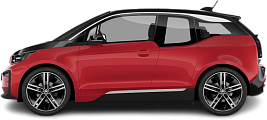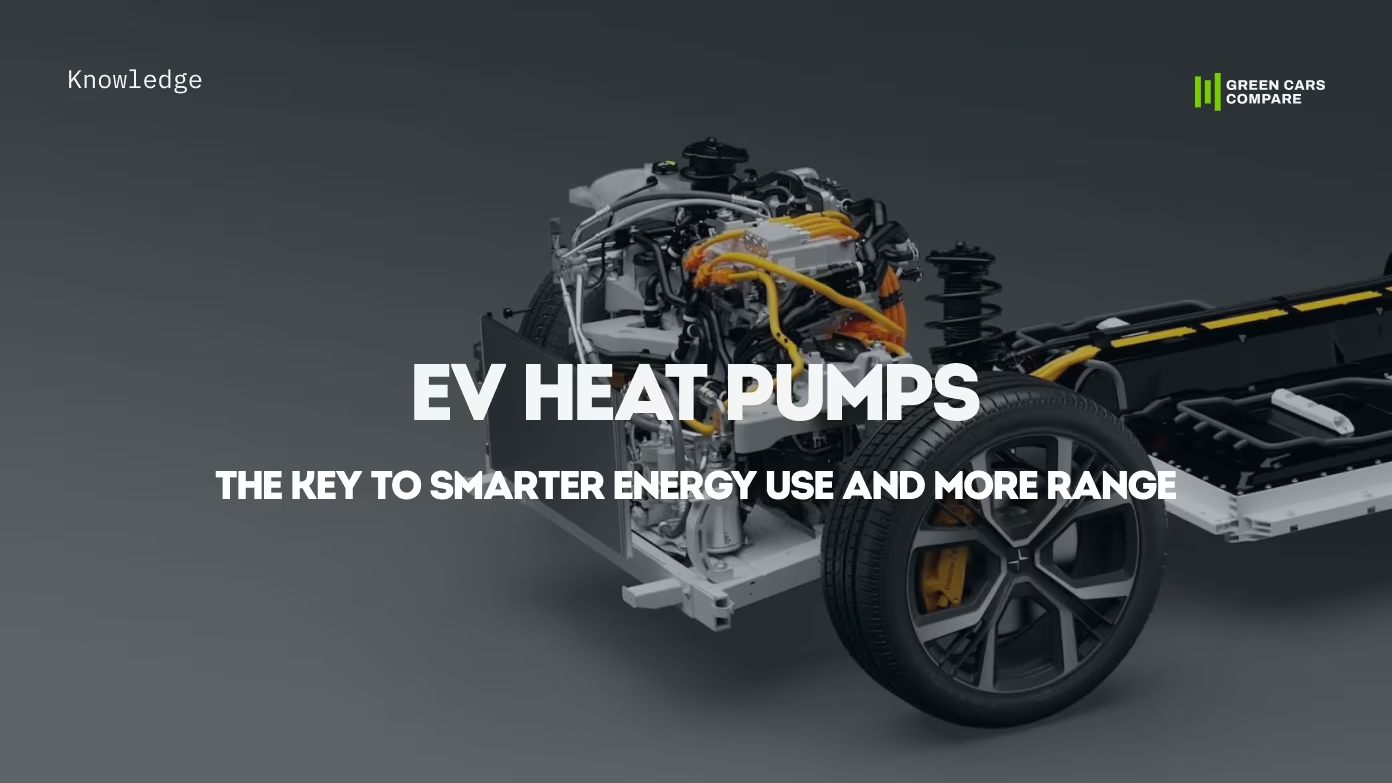
BMW i3 BEV 60 Ah
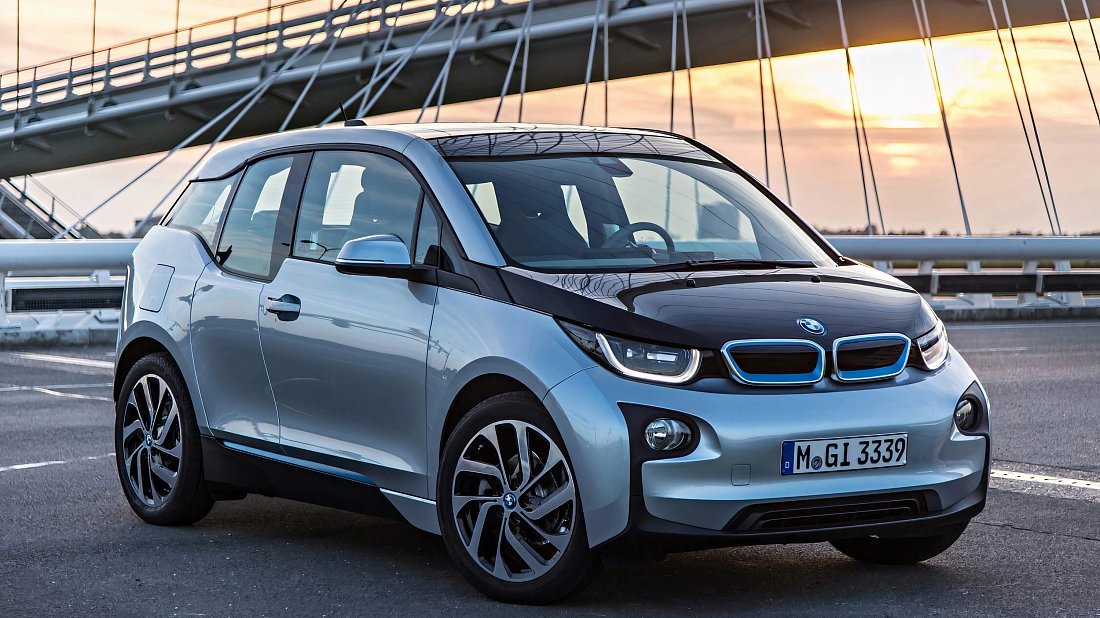
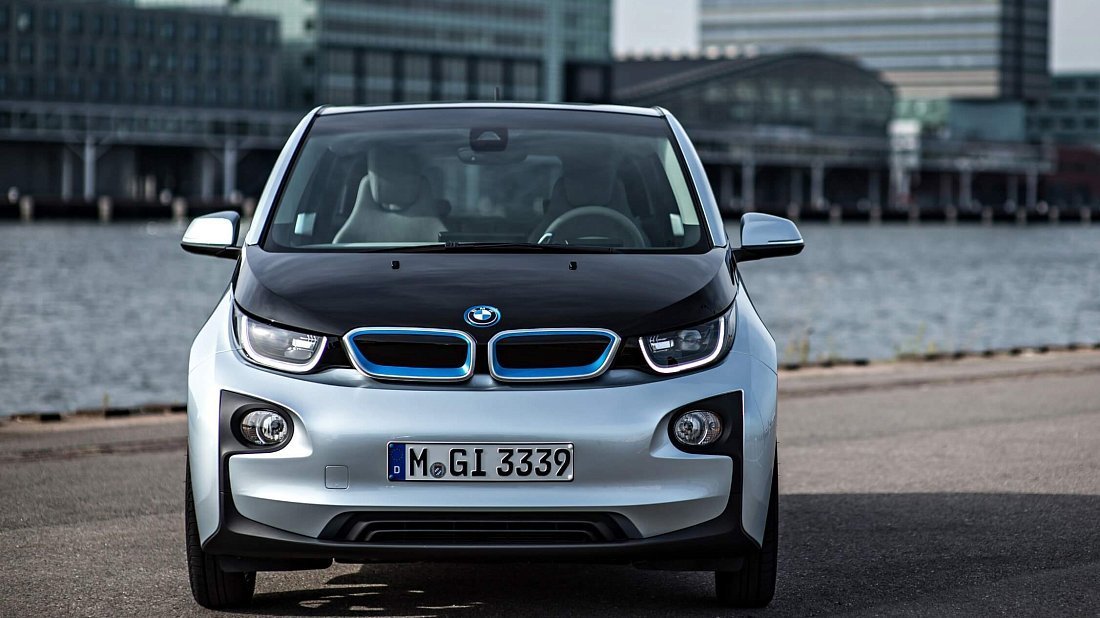
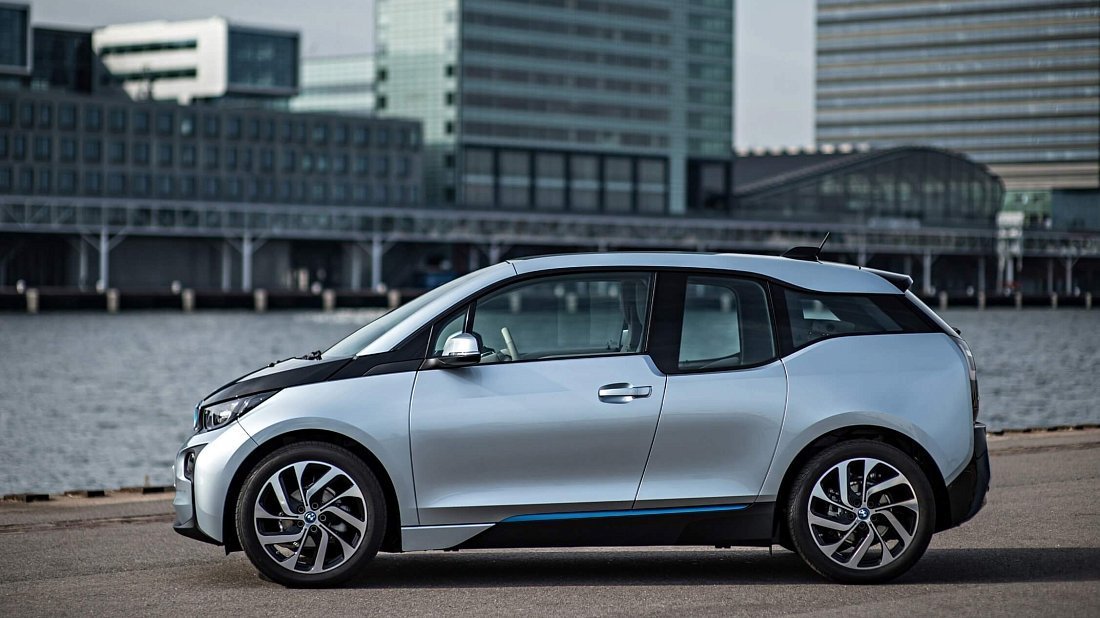
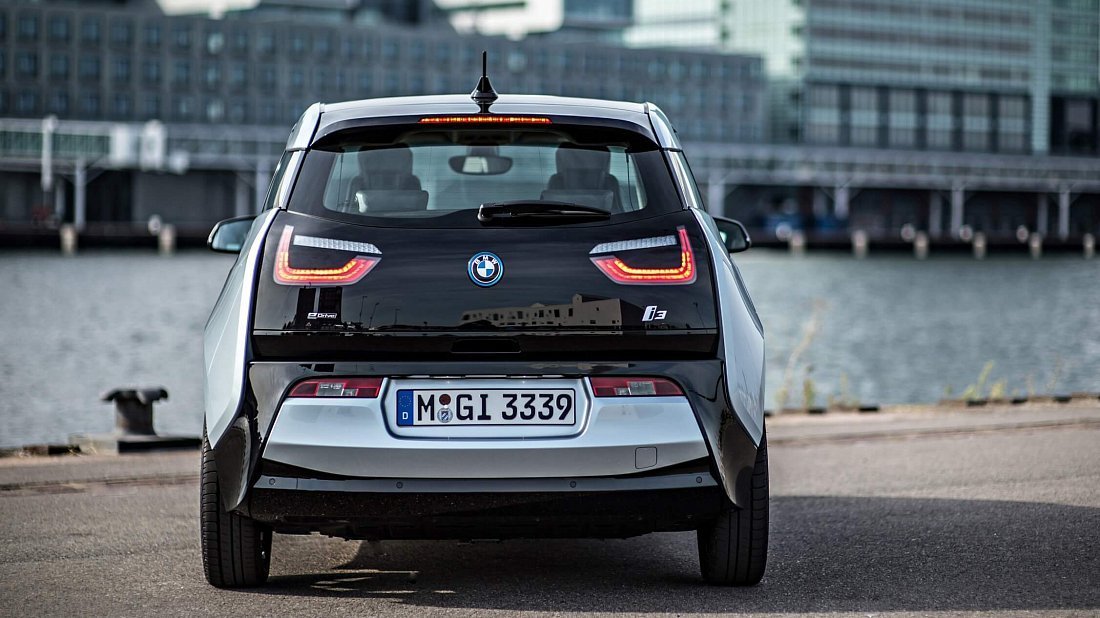
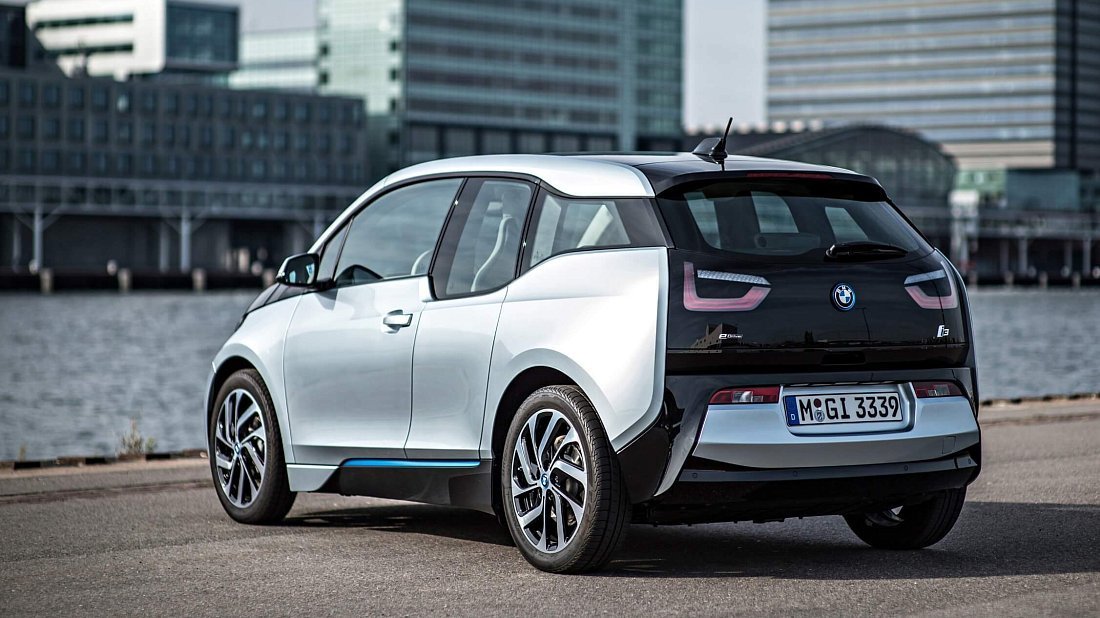
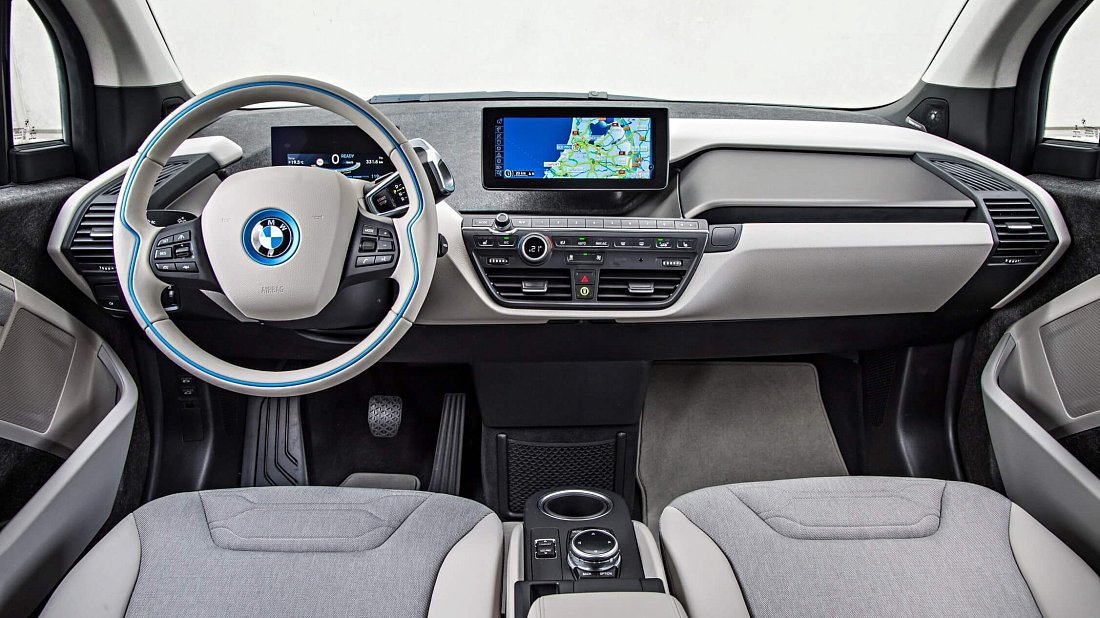
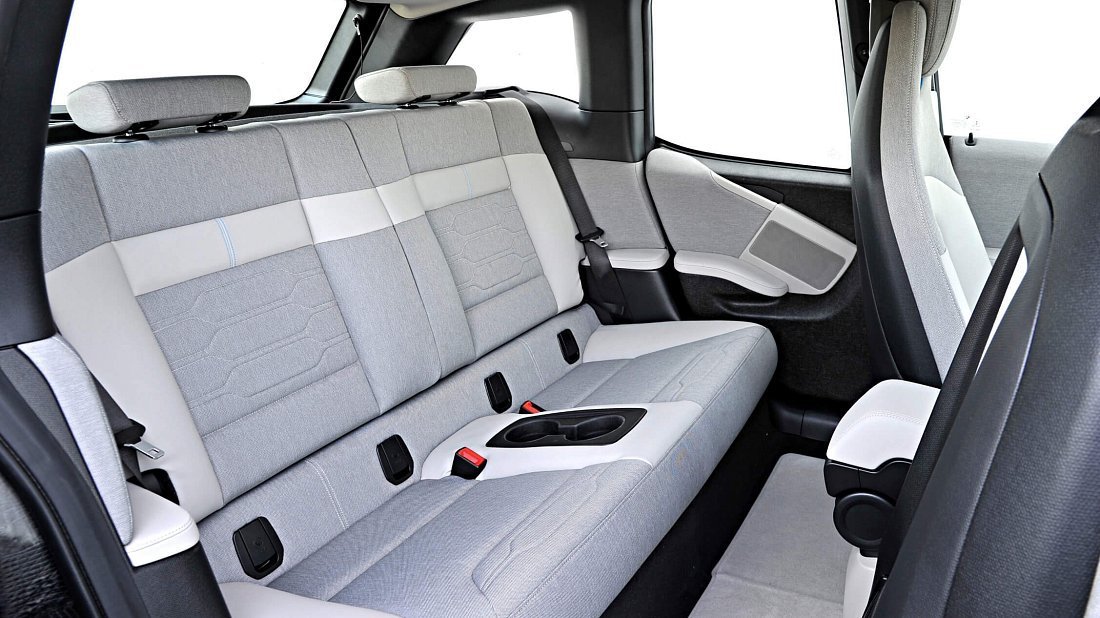
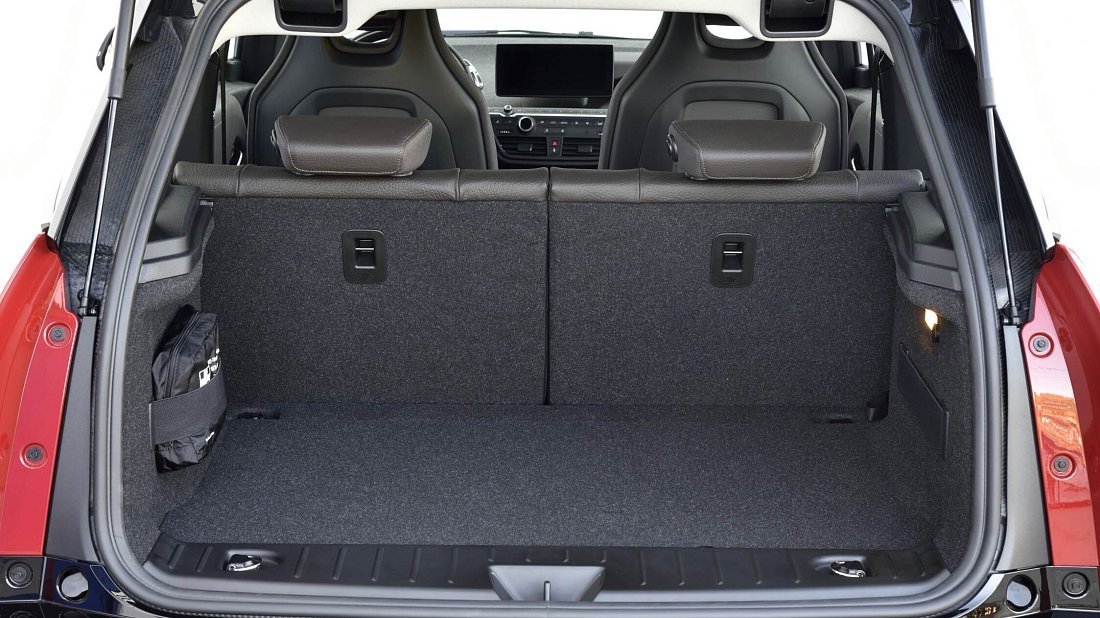
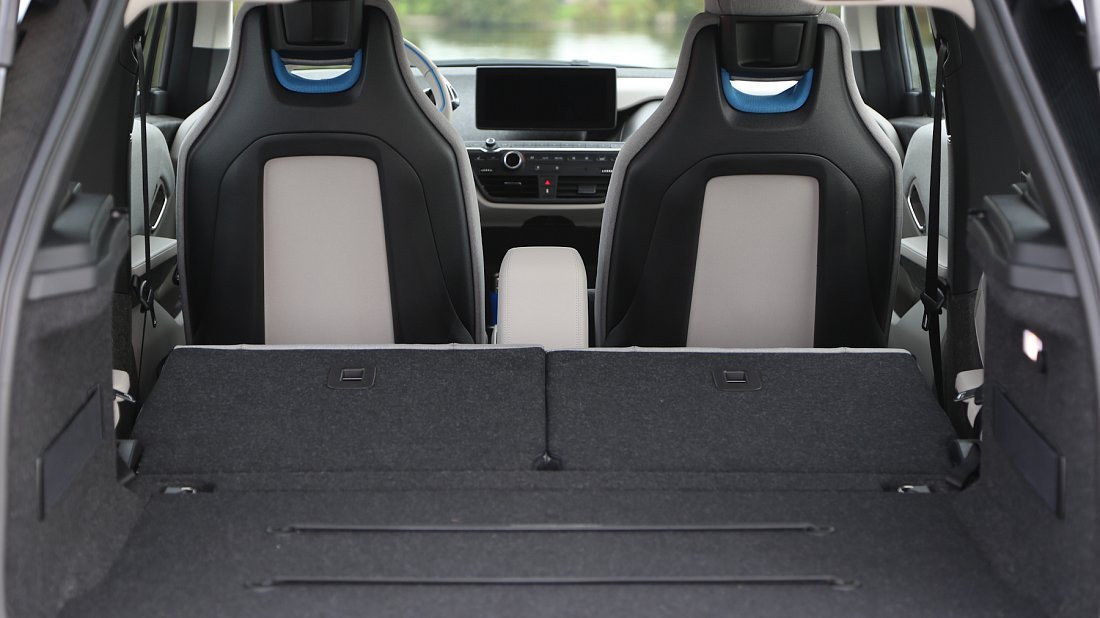
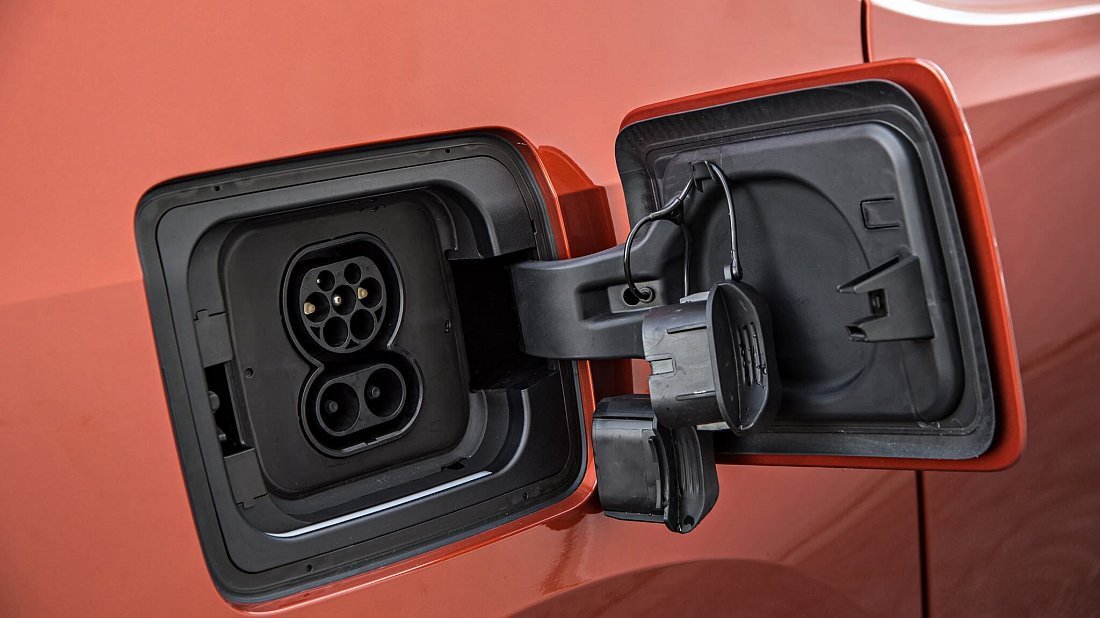
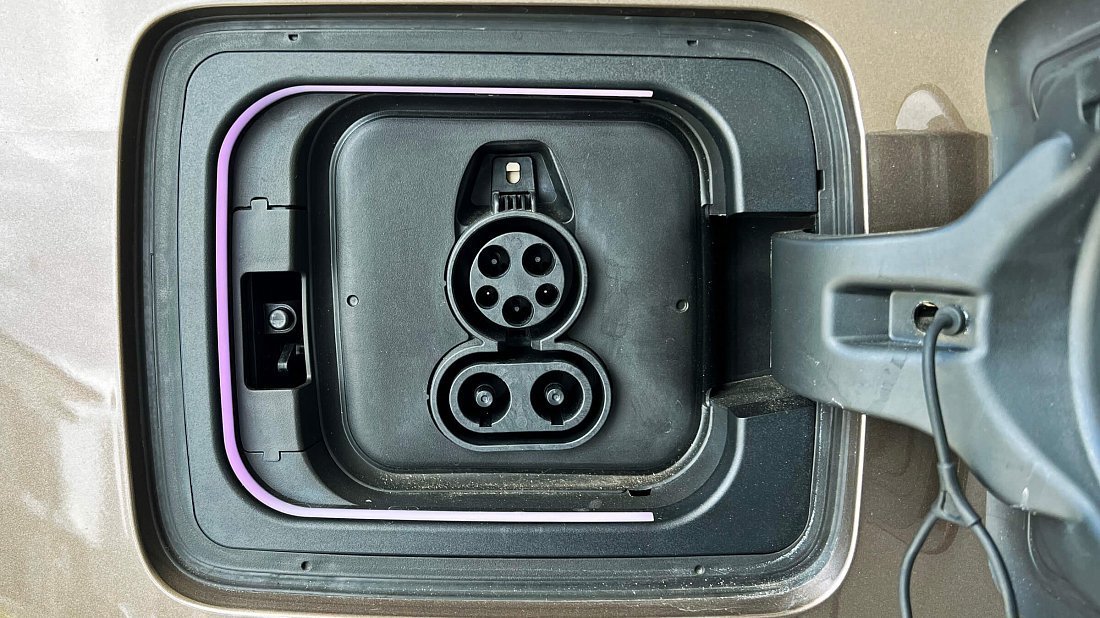
Overview
Main Overview Information
- Price Europe (New)
- No Data
- Price Europe (Used)
- €11.200
- Country of Manufacture
-
- Germany
![Germany Germany]()
- Germany
- Years of Production
- 2013-2017 (Discontinued)
- Body Style
- Hatchback
![]()
- Market Availability
- EU, USA
Pros and Cons
Reasons to Buy
- Unique futuristic design
- Lightweight carbon build
- Fun, agile city handling
- Eco-chic premium cabin
Reasons Not to Buy
- Short real-world range
- Firm, bumpy ride
- Awkward rear doors
- Dated DC charge speed
- Narrow, low-grip tyres
Overview
The 2017 BMW i3 BEV 60 Ah was a truly pioneering premium compact EV, rocking a distinctive look and clever carbon-fibre construction. Designed primarily for zipping around the city, this all-electric variant was the original recipe for BMW's futuristic urbanite. Its standout styling and use of sustainable materials really set it apart. As a discontinued model, you'd be looking at the used market, with prices for this early adopter special hovering around €11,200 in Europe. It’s a slice of electric history with undeniable character.
What's New for 2017?
For 2017, this BEV 60 Ah trim was in its final year of production, as BMW shifted focus to the i3 with the larger 94 Ah battery. So, rather than big new features, the 60 Ah represented a mature version of the original i3 package, benefiting from years of tweaks. It was the entry-point into i3 ownership, often found with appealing option bundles before it bowed out. Think of it as the O.G. i3, a well-sorted city slicker making way for its longer-legged sibling.
Design & Exterior
This funky hatchback is instantly recognisable! The BMW i3 BEV 60 Ah flaunts a unique, tall-boy silhouette, crafted with a lightweight Carbon Fibre Reinforced Plastic (CFRP) passenger cell. Its coach-style rear doors are a neat party trick, adding to its quirky charm. Key dimensions are a city-friendly 3999 mm in length, 1775 mm width (mirrors excluded), and 1578 mm height. Narrow tyres, designed for maximum efficiency, complete the distinctive, future-forward look. It’s certainly not trying to blend in!
Interior, Tech & Cargo
Step inside the i3 BEV 60 Ah and you're greeted by an airy, minimalist cabin, rich with sustainable materials like kenaf fibres and open-pore eucalyptus wood. It seats four, with those rear coach doors offering unique access. Boot space is a decent 260 litres, expanding to 1100 litres with the rear seats folded down, though there's no dedicated frunk. Infotainment was handled by BMW's iDrive system, with screen sizes and features like navigation or enhanced connectivity often part of optional packages on this early trailblazer.
Performance & Driving Experience
Don't let its eco-credentials fool you; this i3 is a proper hoot in town! The rear-wheel-drive setup, powered by a 125 kW PMSM electric motor churning out 250 Nm of torque, delivers a sprightly 0-100 km/h sprint in just 7.2 seconds. Top speed is capped at 150 km/h. Its nippy acceleration and tight turning circle make it a city champion. The ride can be a tad firm on rougher surfaces, but the strong regenerative braking allows for engaging one-pedal driving.
Range, Battery & Charging
The i3 BEV 60 Ah packs an 18.8 kWh usable battery, giving a real-world range estimate of around 133 km, as calculated by Green Cars Compare – perfect for city duties. Its efficiency is rated at a solid 7.07 km/kWh. For charging, the standard 7.4 kW on-board AC charger will juice it up fully in about 3 hours. Need a quicker zap? It supports DC fast charging via its CCS Type 2 port at up to 50 kW, getting you to 80% in roughly 30-40 minutes.
Safety & Driver-Assistance Features
Safety-wise, the BMW i3 BEV 60 Ah secured a 4-star rating from Euro NCAP back in 2013. Standard kit typically included essentials like multiple airbags and parking sensors. For more advanced driver-assistance systems such as adaptive cruise control, collision warning, or lane keeping aids, these were often part of optional 'Driving Assistant Plus' packages. So, if those are must-haves, you’ll need to check the individual car’s specification carefully when browsing the used market.
Warranty & Maintenance Coverage
When new, BMW typically backed the i3 with a 3-year vehicle warranty in Europe, often with unlimited kilometres or up to 100,000 km. The crucial high-voltage battery usually received an 8-year warranty, covering up to 100,000 km or sometimes 160,000 km, protecting against excessive degradation. Electric powertrain maintenance is generally less demanding than petrol cars, contributing to potentially lower running costs. By 2017, many early model quirks had been addressed, making it a reasonably reliable choice.
Previous Generation
There are no earlier versions of this carNext Generation
Popular Videos
Similar Electric Cars
Related Articles

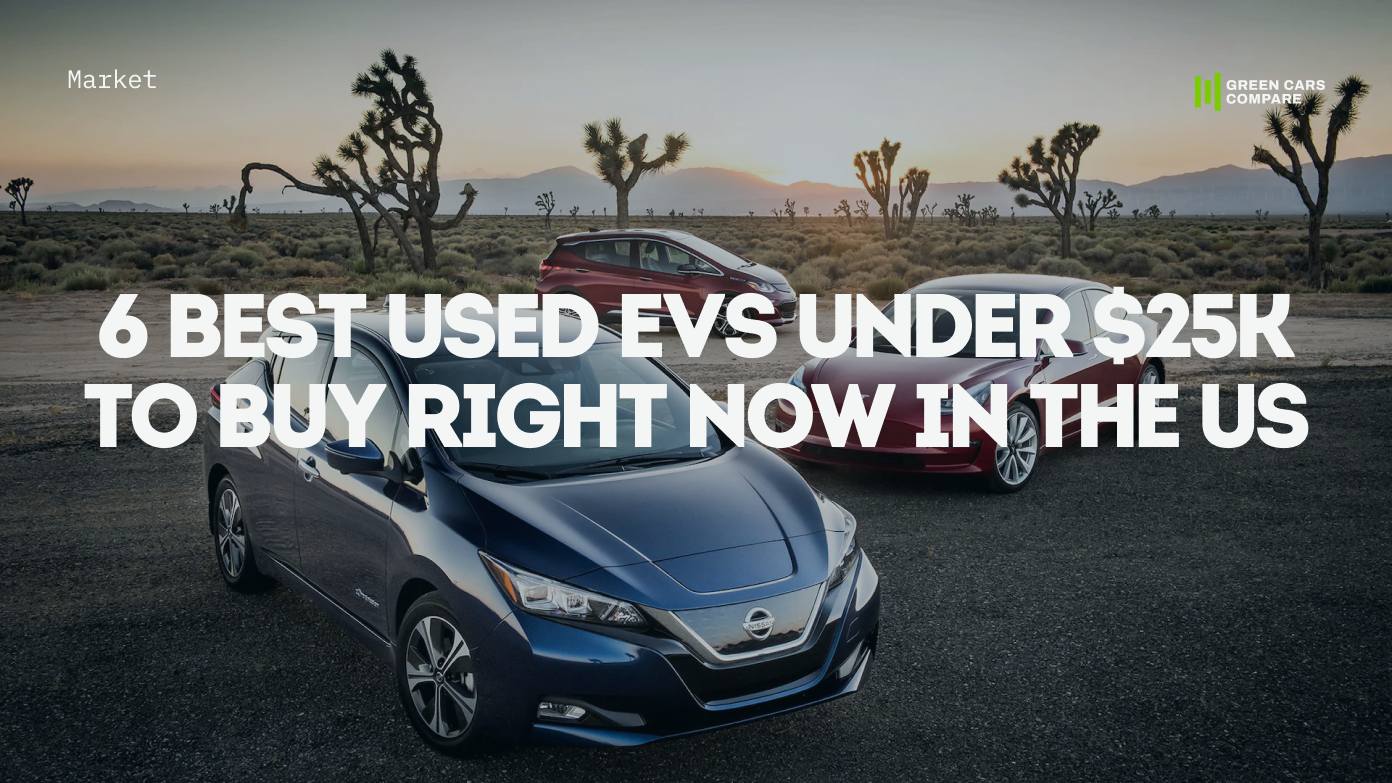



 BMW i3 BEV 94 Ah (2017-2018)
BMW i3 BEV 94 Ah (2017-2018) 